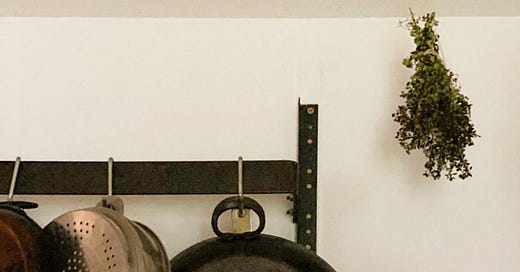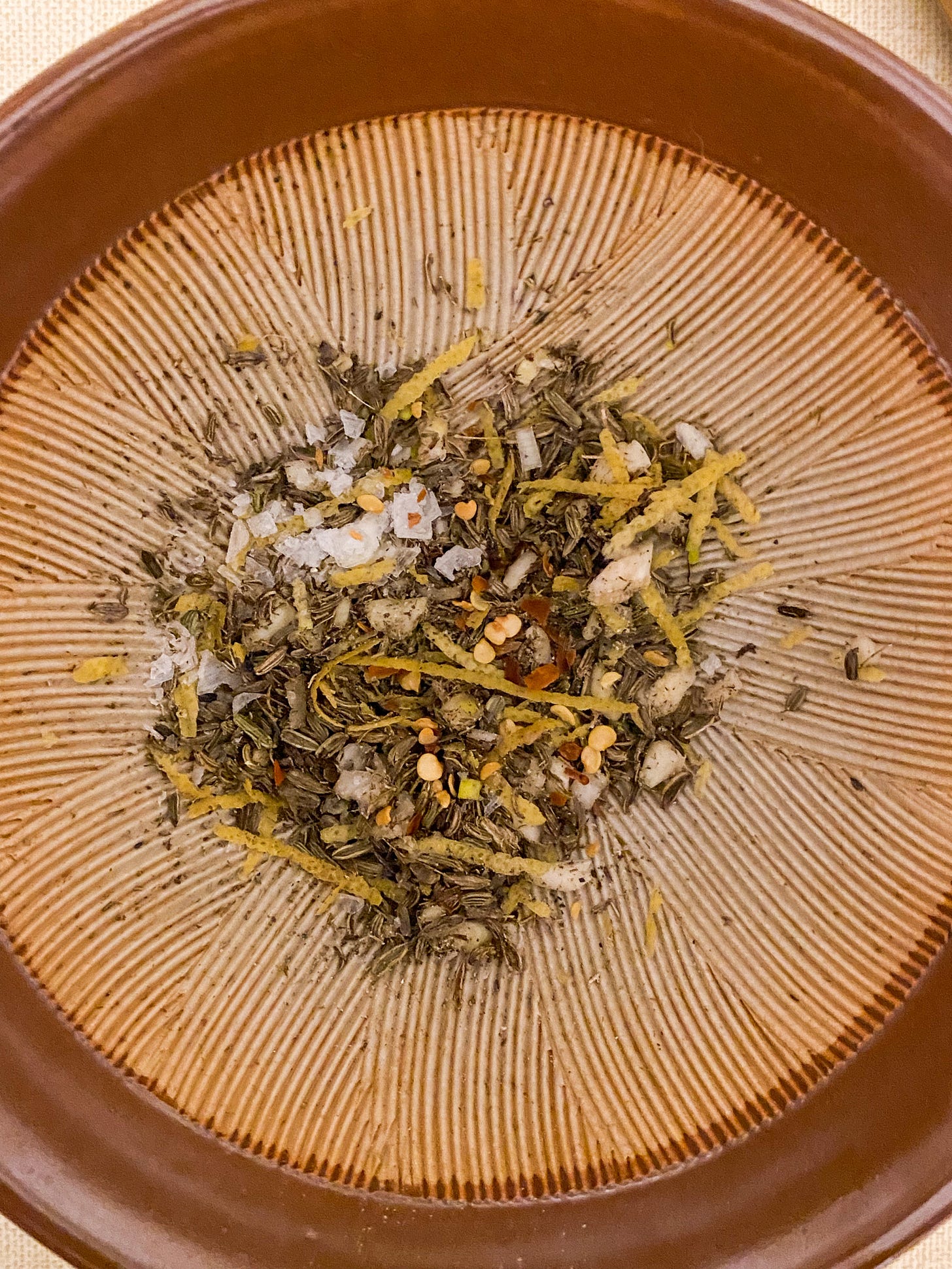I once had a boss who told me that she was giving me a large raise because I could do more than three things at once: I could simultaneously write three things and edit three things. I could have three calls coming in on three different lines and talk to each of them while sending an email. Once, while editing his memoir, I had Anthony Quinn on one line and Maureen O’Hara on the other, each discussing the paternity of O’Hara’s daughter; my mother called on the third line to ask how my hair was and if I was still parting it on the side. Quinn and O’Hara were each on hold, then I put my mother on hold, then I accidentally went back to O’Hara, to whom I said For God’s sake stop asking me about my hair.
Excuse me, what? she said.
The human brain is not meant to work this way: to have three conversations going on at once; to be driving a car in busy traffic with three teenagers sitting in the backseat, each gabbing to someone else on their smartphones or taking selfies or gaming as you talk to them while sending a one-fingered tap-text to your spouse because you’re stopped at a four-way intersection; to be cooking dinner while doom-scrolling on the kitchen iPad that you swore you’d only ever use for recipes.
Sometimes — most times —- multi-tasking is not a good thing. In a study published in a 2019 issue of Cerebrum, the human mind and brain lack the architecture to perform two or more tasks simultaneously. Since Covid attacked my central nervous system in 2020, I find that my brain now actually gets exhausted —- it feels tired —- if I’m trying to do more than one thing at a time for an extended period. At first, it was incredibly upsetting, and then it was just frustrating; it infuriated me that I could no longer keep five balls in the air and not drop any of them. One jackass neurologist blithely blamed it on my age (57 at the time) and gender, until he discovered, by comparing my pre-Covid and post-Covid scans, that there had been a marked difference in how my brain actually looked. Brains, though, are amazing bits of machinery, and if you treat them well —- which is to say in a neuro-generative manner —- they begin to rewire themselves. This is called neuroplasticity.
What’s the old Zen saying: when you chop, chop. When you wash the dishes, wash the dishes.
Still, we live in a world that prizes the multi-tasker and even (as in the case of my former boss) rewards her, and devalues those who prefer to move in a more focused, slower, intentional manner. At worst, multi-tasking can be dangerous: meals are incinerated, fingers sliced, synapses (literally) scrambled. At the very worst, it can be deadly: how many times have you had a near-miss because you were texting while driving, and you just had to finish that one very important thought when you realized that you were drifting into the wrong lane. (More than you’d like to admit.)
Years ago, our dear friend Deborah Madison was visiting, and staying overnight with us. I’d managed to somehow get over the cooking nerves that paralyzed me whenever we were in the kitchen together (for no reason; she is always very kind, even when she should by all rights be horrified at the many things I’ve screwed up in her presence). Maybe it has to do with comfort level, and being in my own kitchen, but I had three pans on the stove at the same time, and I was moving swiftly from the island to the oven to the cooktop to the sink to the oven to the island, leading Deborah to give me the greatest compliment I’ve ever gotten from anyone in a kitchen: I could have used you at Greens. Drop mic.
But what’s that old Zen saying: when you chop, chop. When you wash the dishes, wash the dishes.
At one time, I thought of this idea as a tiny bit twee; a monastic affectation. But then my brain made the decision for me: I simply don’t cook any other way anymore. When I was in the throes of long Covid (which has gone on for the better part of two years), I actually couldn’t cook any other way, but now that I’m on the tail-end of it, I just don’t want to. I chop what needs chopping, brown what needs browning, saute what needs sauteing, melt what needs melting in a double-boiler on the stove. My phone stays in another room; the iPad has been de-commissioned. I use tools that require undivided attention: a mortar and pestle to pound and grind most things; good, sharp knives; a small, iron kadai to toast seeds or nuts on the stovetop instead of in the oven, or in a toaster oven. A mandoline, which, if you don’t pay attention, can easily emasculate your fingertips while you julienne carrots. We haven’t had a microwave in this house since Bush II was in office, although I keep threatening to get one because the milk that Susan pours into her morning coffee needs, ideally, to be hot, and I like it when my wife is happy. (And that’s also why I bought her a little Austrian milk pot one Christmas.)
The more time I spend back in the kitchen, the more I return to the hand tools I love and that give me pleasure, especially the mortar and pestle, which I have in different sizes, weights, and permutations: a green granite Thai one from Japantown in San Francisco, that weighs as much as a Fiat. An Italian marble one received as a wedding gift. A small Japanese suribachi for grinding smaller seeds. A large English ceramic one for making pesto.
Covid turned my life upside down for the better part of two years; it undid everything I thought I knew about myself, my world view, my friends and family, what I am willing to accept in my life and what I am not. I am absolutely not the person I was before I got it; I don’t think anyone is. What I did not expect, though, is that it would give me the gift of intention, of recognizing the sheer pleasure —- the downright sensuality —- of doing one thing at a time, of doing it with focus, and doing it by hand. I’ll never be a line cook at Greens, or anywhere for that matter, and that is fine by me.
To read the recipe below, please consider a paid subscription.
Keep reading with a 7-day free trial
Subscribe to Poor Man's Feast to keep reading this post and get 7 days of free access to the full post archives.






